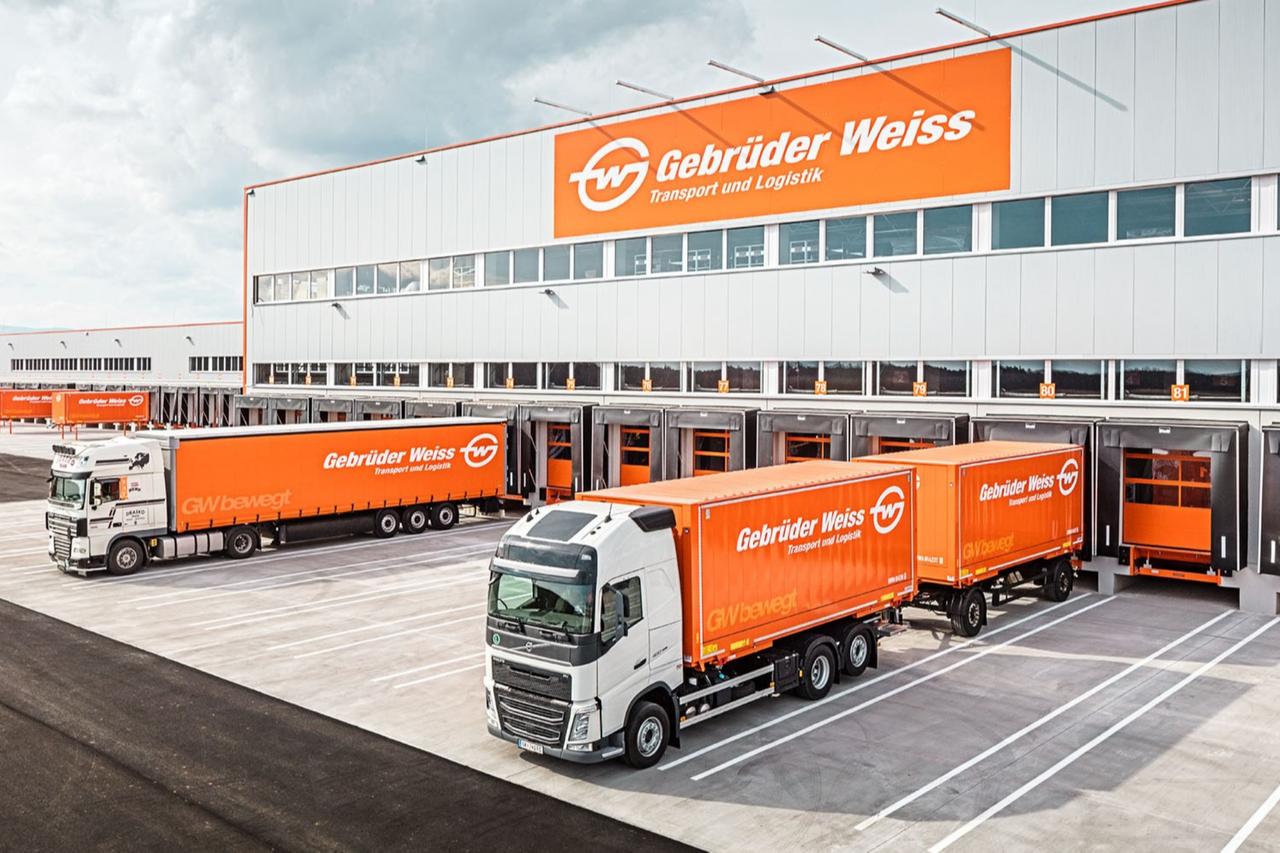
With a massive infrastructure push and the growing significance of its geographical location due to the Middle Corridor project, Austrian logistics titan Gebruder Weiss is increasingly positioning its operations in Türkiye as a central hub, said CEO Wolfram Senger-Weiss.
"We’ve seen great potential in Türkiye’s evolving infrastructure, particularly its airports and transport routes like the Yavuz Sultan Selim Bridge," Senger-Weiss told state-run Anadolu Agency. He emphasized that these infrastructure upgrades, alongside Türkiye’s well-positioned role as a trade corridor, make it a vital operational hub for Gebruder Weiss’s regional and global logistics network.
Senger-Weiss emphasized that the company has been progressively investing in Türkiye to leverage its strategic location, tapping into the surging strategic stature of the Middle Corridor, which connects Central Asia to Europe.
The Middle Corridor, also known as the Trans-Caspian International Transport Route (TITR), is a key transportation network that connects Central Asia to Europe via Türkiye. The corridor begins in China (via the Xinjiang region) and traverses Kazakhstan, Azerbaijan, and the Caspian Sea before entering Türkiye and further extending into Europe, serving as an alternative to traditional maritime and overland routes and providing a faster and more direct passage for goods between the two regions.
The Middle Corridor has gained increased attention recently due to the growing demand for faster and more reliable logistics channels, particularly after a peace deal signed by Azerbaijan and Armenia to end the Karabakh dispute in August, paving the way for the enabling of the Zangezur Corridor, seen as the Caspian leg of the broader route.
"We view the Middle Corridor as a crucial link for the future of trade between Central Asia and Europe. Türkiye’s central role in this corridor makes it a strategic hub for our operations," Senger-Weiss explained. He emphasized that these infrastructure upgrades, alongside Türkiye’s well-positioned role as a trade corridor, make it a vital operational hub for Gebruder Weiss’s regional and global logistics network.
With Türkiye’s modern airports and advanced road networks, we can offer more efficient and reliable logistics services," he said.

The CEO also pointed out the recent investments made in Türkiye by the company, through strategic acquisitions such as acquiring a majority stake in Sienzi Logistics, a key player in Türkiye’s customs and warehousing sector.
Addressing the broader challenges of global supply chains, Senger-Weiss acknowledged the disruptions that have impacted industries worldwide. "Global supply chains have become increasingly unstable, and it is essential for companies to manage these disruptions effectively," he said.
Looking to the future, Gebruder Weiss is increasingly integrating digital technologies into its operations, he noted, highlighting the role of artificial intelligence (AI) in optimizing logistics and supply chain management. "AI plays an important role in our operations, but it won’t entirely reshape how we do business in the short term," he explained.
Gebruder Weiss operates across Europe, North America, Asia, and Oceania with nearly 9,000 employees and a turnover of €2.71 billion ($3.14 billion) in 2022.